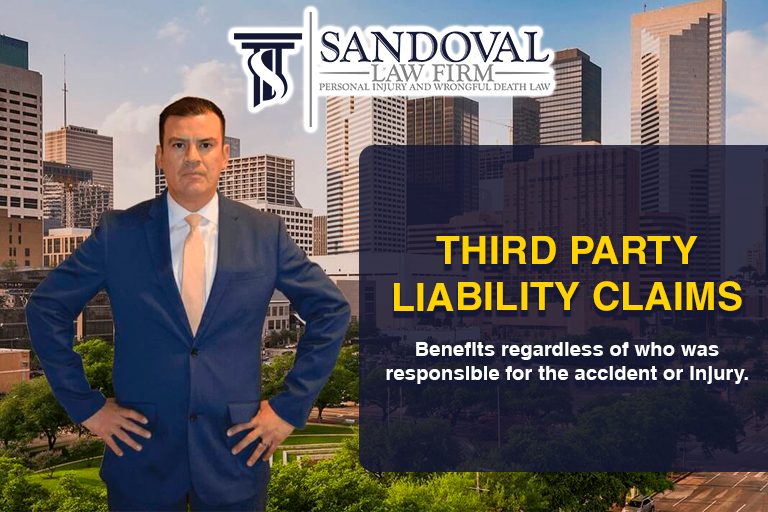Certainly! Here’s an explanation of how these two processes differ:
Workers’ Compensation Process: Workers’ compensation is an insurance program that provides benefits to employees who suffer work-related injuries or illnesses. It is a no-fault system, meaning that you can receive benefits regardless of who was responsible for the accident or injury. When you file a workers’ compensation claim, you are seeking benefits from your employer’s workers’ compensation insurance.
The workers’ compensation process typically involves notifying your employer about the injury, seeking medical treatment, and filing a claim with the workers’ compensation insurance company.
The insurance company evaluates your claim, determines the extent of benefits you are eligible for, and pays out those benefits, which often include medical expenses, a portion of lost wages, and rehabilitation costs.
Third-Party Liability Claim Process: A third-party liability claim arises when someone other than your employer or a co-worker is responsible for your work-related injury. This could be a separate individual, a company, or any other entity. For example, if you were injured in a car accident while driving for work and another driver was at fault, you may have a third-party claim against that driver.
To pursue a third-party liability claim, you would need to file a personal injury lawsuit against the responsible party in civil court. The process involves gathering evidence, presenting your case, and seeking compensation for damages, including medical expenses, lost wages, pain and suffering, and other applicable losses. This process follows the rules and procedures of the civil court system, and the outcome is determined by a judge or jury.

Differences and Considerations:
It’s important to understand that pursuing a third-party liability claim is separate from the workers’ compensation process. The main differences include:
- Fault Requirement: In a third-party liability claim, you must establish that the responsible party was negligent or at fault for your injuries. This differs from workers’ compensation, which does not require proving fault.
- Types of Compensation: Workers’ compensation benefits typically cover medical expenses, lost wages, and rehabilitation costs. In a third-party liability claim, you may be able to seek additional compensation, such as pain and suffering, emotional distress, and punitive damages, depending on the circumstances.
- Legal Process: Workers’ compensation claims are typically handled through an administrative process, while third-party liability claims involve civil litigation in court.
- Coordination of Benefits: If you receive compensation through a third-party liability claim, your employer’s workers’ compensation insurance may have the right to be reimbursed for the benefits they provided. This is known as the right of subrogation, and it is important to address this coordination of benefits appropriately.
Navigating the workers’ compensation and third-party liability claim processes can be complex, even for a workers comp lawyer. It is advisable to consult with an attorney who specializes in personal injury law to guide you through these processes, evaluate the specifics of your case, and help determine the best legal strategy to maximize your compensation.














Leave a Reply
You must be logged in to post a comment.